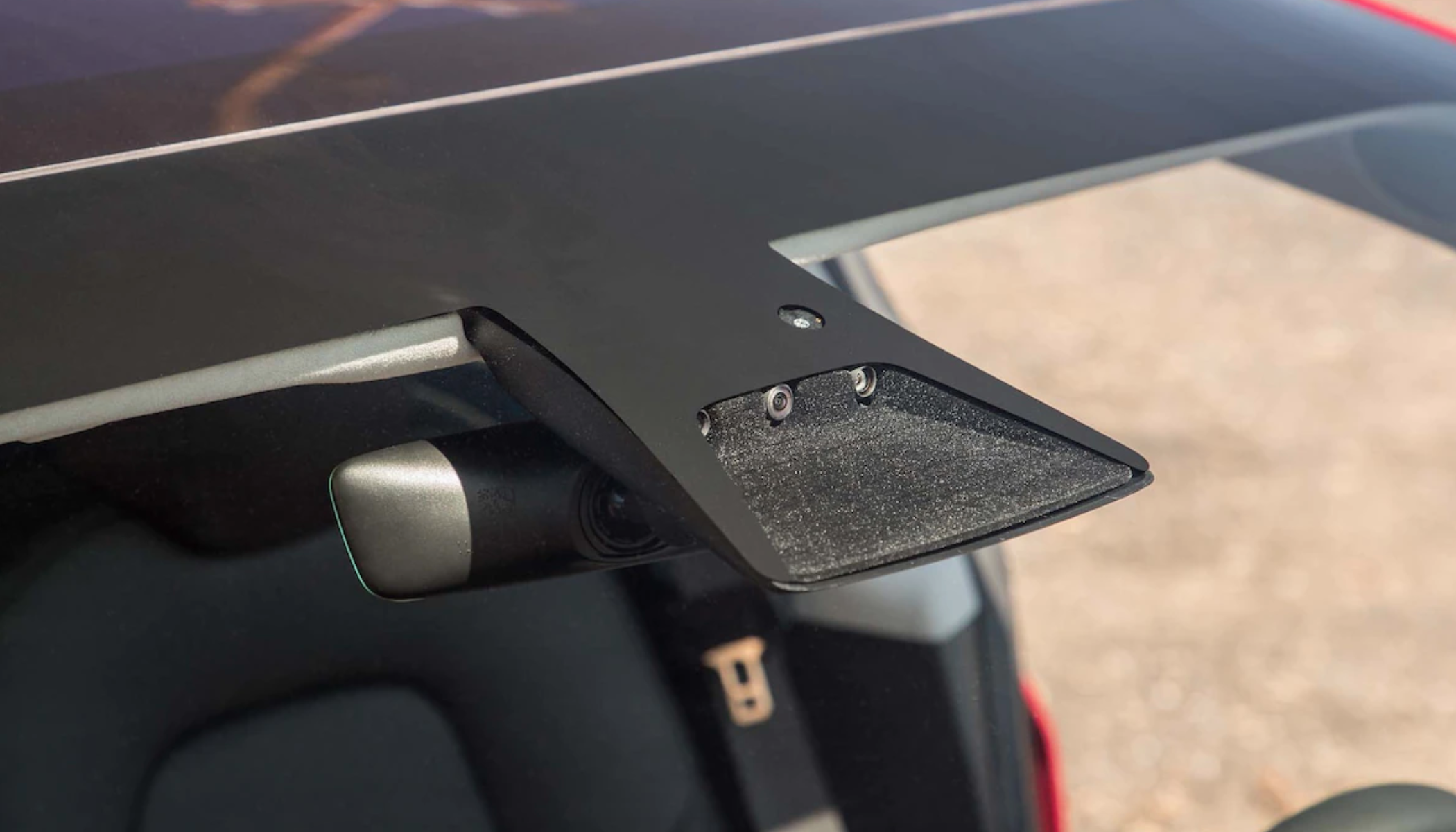Quite interesting! Comparing FSDb to 15yr old definitely gives me hope.
But my point was different. I really do hope that they achieve FSDb. When? It is anyone’s guess at this point (assuming that the path they follow could lead to it). That is exactly the reason why we have startup ventures - to explore new things, to test, and (hopefully) be successful. But we cannot rely on them for crucial things.
On the other hand, we have tools that may not be bleeding edge but they must be reliable. Mixing those two things inevitably lead to complexity and problems down the road.
@THEbuz had an interesting point about the future of transportation. Honestly, I had similar thought when V11 came out - how awful it was for the human driver and how suddenly everything made sense if one took the human out of the picture. Even if the auto wipers do not work for a human, who cares if a human is not driving? One would care even less if that is a rentable asset rather than their own car.
That may be the real strategy for Tesla (and would explain a lot). However, there are some serious issues:
- FSD requires change in the mindset of the whole population, not just people who decide to participate. So, even if the technology advances with light speed (some serious doubts there) it will take a long time for the mass adoption which Tesla needs for the model to work
- The shared economy is a bit of a fad. Yes, it has its place but it is not as widespread as proponents want us to believe. People like to own things (just look at the real estate market) and part of the shared economy craziness could be explained by the fact that Gen X simply cannot afford to own the things they want.
So, those two fundamental premises are highly uncertain, especially at the scale Tesla will need them if they really pursue that strategy.
On the other hand, it is quite possible that we simply deal with a runaway ego, which would also explain a lot





